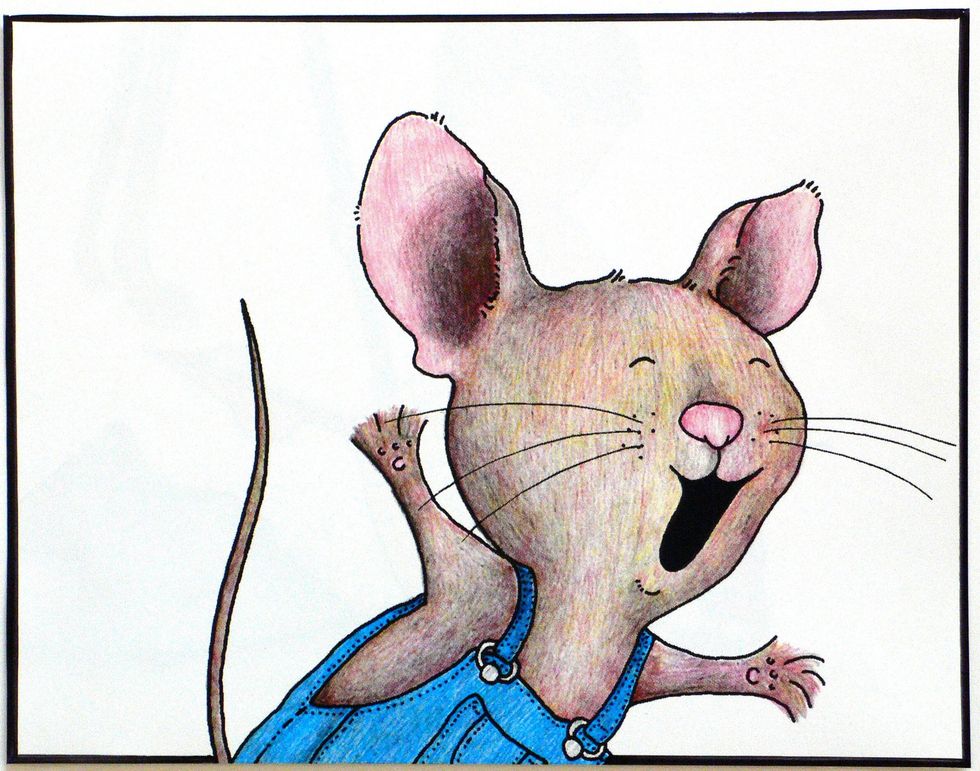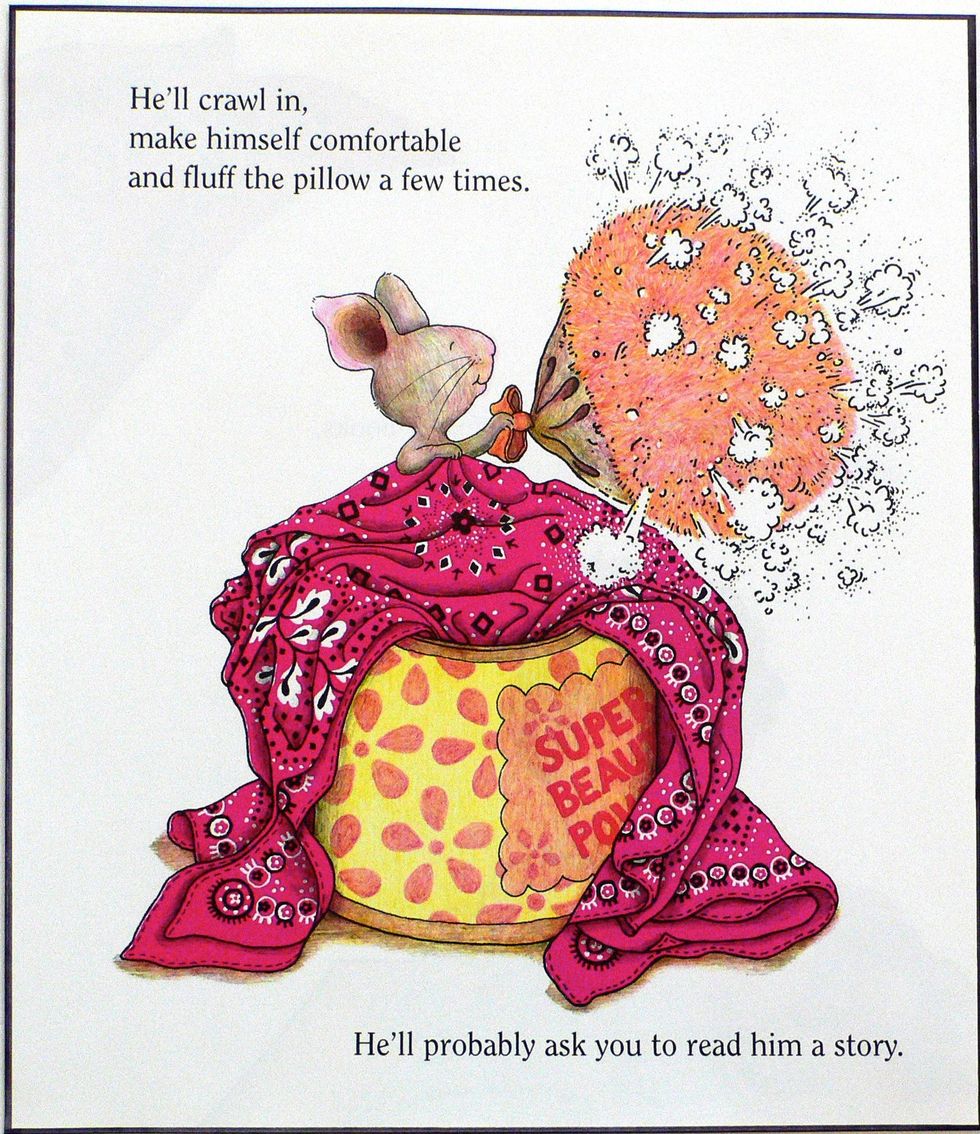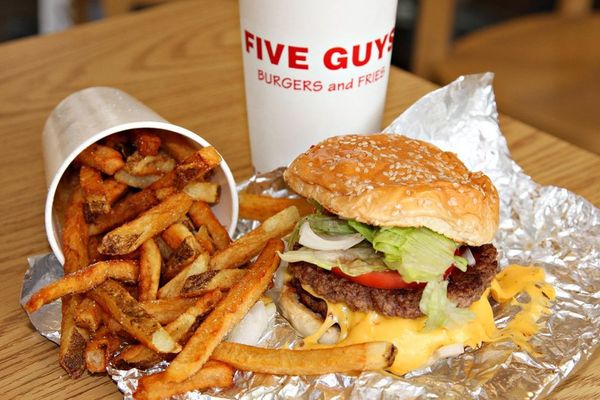Ever since I was a little child, I was also fascinated, yet confused, about my family’s story of immigration. It always started off with something like, “We are from Guyana, but you are Indian." I won’t get into that yet, so I guess I’ll start with the simplified version of my parent's immigration.
As far as I can tell, my grandmother had sponsored all of her sons (all seven of them) to come to America, shortly before she passed away. After that, each of her sons sponsored their significant others to begin their life in America. My mother got (religiously) married to my father in 1989, and legally married in 1990, and unlike today, it only took one year before they signed the papers that allowed them to legally migrate to America. So, in the eyes of America, they were Guyanese immigrants. But, to them, it was a whole other story.
My great-grandmother, who went by the name Katie (her real name is unknown to this day), migrated from India to Guyana, while the British ruled. She was lucky enough to then meet another fellow, handsome Indian man, who turned out to be my grandfather, and they gave birth my maternal grandfather in Guyana. That being said, my great-grandmother and my great-grandfather did everything they could, despite the strong British influence (oppression) to hold on to their Indian and Hindu values.
To this day, my grandparents and parents continue to stress the importance of not ignoring that we did directly migrate from Guyana, but they we are Indian. They push our customs on us and encourage us to continue to practice our Hindu religion strictly. I want to say that this is their personal view (having a strong faith in their religion, and genuinely finding these customs interesting), but I think that it is also their defense mechanism or their way of dealing with losing their identity yet again.
So, this “American culture,” has actually always been sort of looked down upon by my family. This idea of sexual freedom, social freedom, and following your passion as opposed to practicality, has never been supported by my family. Instead, I was always encouraged to strongly follow my Indian culture, and not adopt these radical ideologies modern America has to offer. I am to carry myself as an Indian child, not an American child. My values are different than theirs, and I should raise my kids similarly. I should go to school to become a doctor, not pursue a talent that wouldn’t secure a career in the future. I should aspire to be wealthy, or well-off, to lead a comfortable life and not have to make the sacrifices my parents did. I should not date, and get married by 25, have kids before it’s too late, and don’t wait too long like these “Americans” do.
I would I could say I disagree, but I don’t. I personally see America as a beautiful mosaic of diverse cultures, and those cultures should not have to lose their core value to merge into what is this American culture. Even if it were to, it would be a mixture of conflicting values, and everyone would be lost, everyone would be without identity. We should all be able to celebrate our culture, what we were born into, appreciate each other’s differences,
When I have children, I want to bring them up as my parents did. I want my children to be able to appreciate their heritage and where they came from, and make that a part of their identity. I want my children to have pride, and be proud of their true identity. However, I do understand the need for assimilation, though not complete. Although they should be known as Indians (in my specific case), I still want them to know that as citizens of America (should they be), they still have a responsibility to have pride for the nation they live in. Also, they can contribute to the rich cultural mosaic of our nation, and contribute to the rich cultural identity of America itself.



 Photo by
Photo by  Photo by
Photo by  Photo by
Photo by  Photo by
Photo by 















